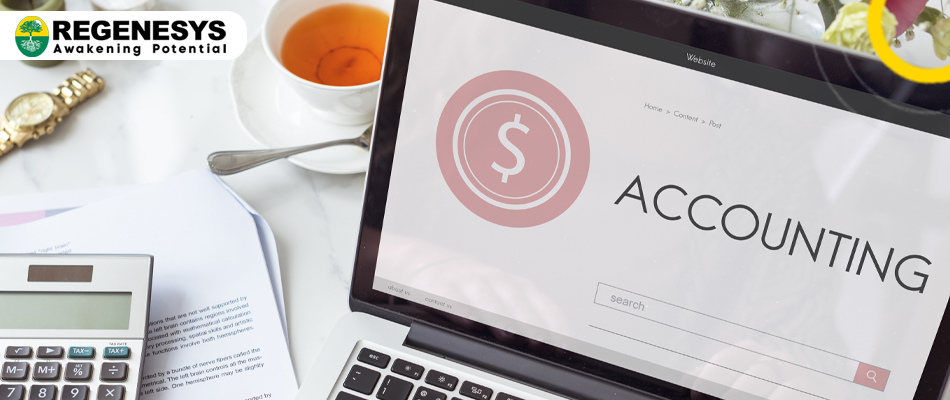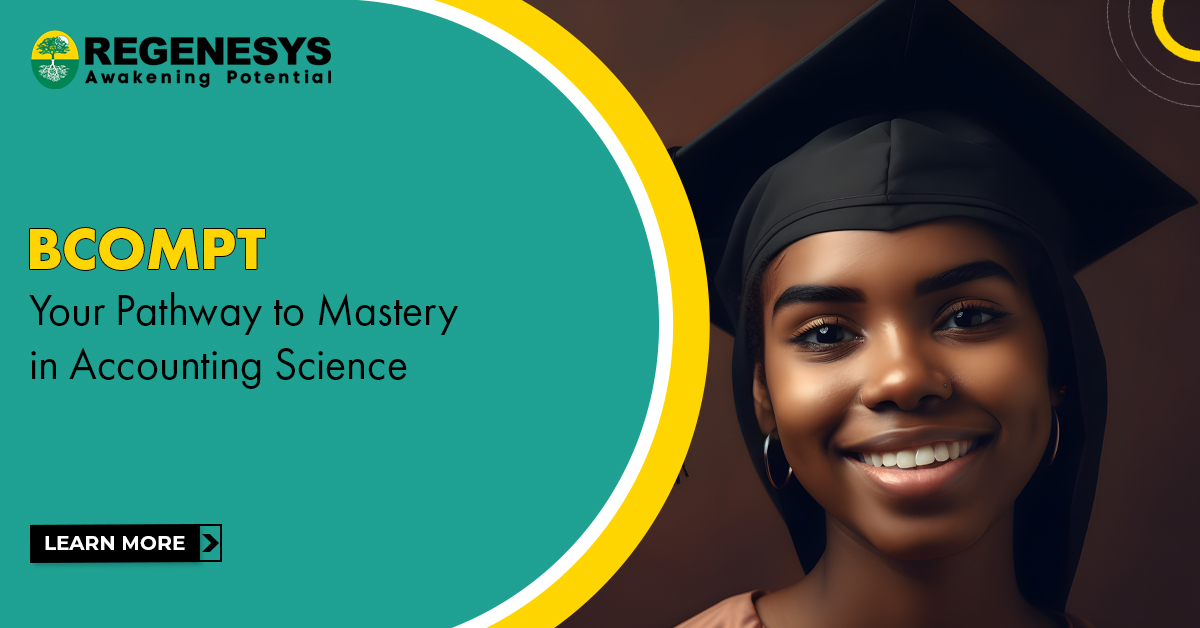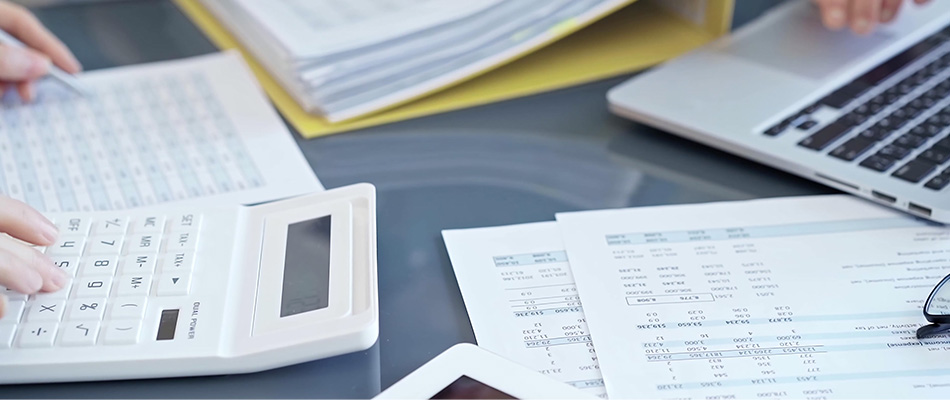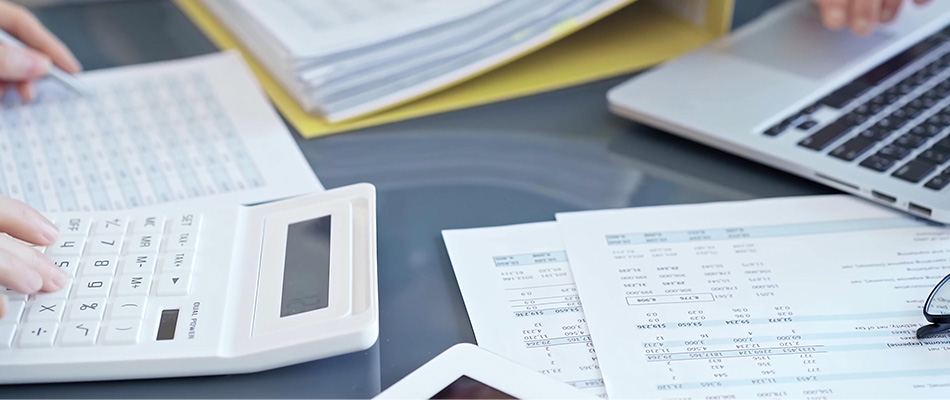Embarking on a Bachelor of Accounting Science (BCompt) programme is not merely an academic pursuit; it’s a transformative journey that delves deep into the core of financial knowledge. One pivotal aspect of this journey is the role played by research and the culmination of it – the thesis. In this comprehensive guide, we unravel the significance of research and the thesis in the context of a BCompt programme, shedding light on the academic rigour and practical applications that shape future accountants.
Table of Contents
The Essence of Research in BCompt Programmes
Research forms the cornerstone of academic exploration within BCompt studies. It serves as a vehicle for a deeper understanding of financial principles, delving beyond the theoretical realm. Through research, students navigate complexities inherent in financial accounting, sharpening analytical skills essential for the field.
Navigating the World of Financial Accounting Through Thesis Work
Thesis work in BCompt programmes embodies a structured and comprehensive project. It involves an intricate design, pursuing specific objectives aimed at linking theoretical knowledge with practical applications in financial accounting. The thesis bridges this gap, offering real-world insights into the complexities students will encounter in their professional careers.
- Crafting a Comprehensive Endeavor: Thesis work within BCompt programmes stands as a pinnacle, epitomising a culmination of academic learning and practical application. It’s a meticulously planned and structured project strategically designed to bridge the gap between theoretical knowledge and the multifaceted practicalities encountered in the realm of financial accounting.
- Strategic Objectives for Practical Insights: At its essence, a BCompt thesis entails a comprehensive pursuit of specific objectives. These objectives aren’t random; they’re carefully aligned to harmonise the established theoretical foundations from academic studies with the intricate demands faced in real-world financial accounting scenarios.
- Methodical Design and Purposeful Aim: The creation of a thesis in BCompt programmes isn’t a linear task; it’s an intricately crafted design aiming to elevate the student’s understanding of complex financial concepts while equipping them to address tangible challenges. Every facet of the thesis is meticulously curated to enhance the student’s grasp of financial intricacies and practical applications.
- A Guiding Light toward Professional Proficiency: The thesis is more than an academic requirement; it’s a guiding beacon toward professional adeptness. It serves as a compass, navigating students through the intricate terrain they’re likely to encounter in their careers as financial professionals. Through this expedition, students gain insights beyond classroom teachings, acquiring a profound understanding of real-world financial intricacies.
- An Academic Journey to Practical Wisdom: The BCompt thesis transcends academic pursuit; it’s an expedition into the depths of financial accounting intricacies. It’s a conduit that transforms theoretical knowledge into practical wisdom, preparing students to navigate the intricate landscapes of their future professions with confidence and acumen.
- Developing Analytical and Critical Thinking Skills: Engaging in research and thesis work cultivates crucial analytical and critical thinking skills among BCompt students. This active involvement in problem-solving scenarios, particularly within the financial domain, prepares students to tackle intricate challenges prevalent in the accounting profession.
- Integration of Practical Applications: Research projects and the thesis embed practical applications into BCompt programmes. These applications provide students with hands-on experience in addressing real-world financial scenarios. As students translate their research findings into actionable insights, they hone their ability to make informed financial decisions—a pivotal skill in the professional accounting landscape.
Job Opportunities After Bocompt
Strong research and doing a good thesis can really help BCompt graduates in their careers. Being excellent in research can lead to different job chances, like working in finance analysis, auditing, or giving advice. Employers really like candidates who show they’re good at research. It tells them that these candidates can make smart decisions and understand finances really well.
Financial Analyst: These individuals dive deep into financial data, examining trends and market conditions. Their insights guide investment decisions, providing a critical perspective on potential opportunities and risks.
Auditor: Auditors play a pivotal role in meticulously scrutinising financial records. Their thorough examinations ensure accuracy, regulatory compliance, and adherence to established financial protocols.
Tax Consultant: Navigating the labyrinth of tax laws becomes second nature for these experts. They assist both individuals and businesses in optimising their tax responsibilities, offering guidance and strategies to navigate complex tax landscapes.
Management Accountant: Working within organisations, management accountants serve as financial architects. Their analyses and insights aid in strategic planning, empowering decision-makers with a clear financial perspective.
Financial Manager: Steering an organisation’s financial ship, financial managers oversee its fiscal health. They direct investment strategies, ensure financial objectives are met, and navigate the seas of financial regulations.
Forensic Accountant: The detectives of finance, forensic accountants investigate financial discrepancies and potential fraud. Their scrutiny is essential in uncovering irregularities within organisational finances or legal proceedings.
Consultant: Armed with profound financial knowledge, consultants offer their expertise to individuals or businesses. Their guidance can substantially improve financial performance and tackle specific financial challenges.
The Regenesys Approach to Research in BCompt Programmes
Regenesys employs a unique methodology in integrating research into BCompt programmes, surpassing conventional academic practices. The institution emphasises the practical application of research skills, aligning with its holistic education approach. This approach equips students with theoretical knowledge complemented by practical expertise, ensuring they emerge as well-rounded accounting professionals.
Conclusion
Research and thesis work integrated into BCompt programmes at Regenesys School of Finance transcend traditional academic frameworks. They serve as catalysts for the development of proficient accountants equipped with a blend of theoretical understanding and hands-on expertise. Through rigorous research endeavours, aspiring accountants pave the way for a successful career in financial accounting.
For a deeper insight into the world of BCompt programmes at Regenesys and to explore the transformative power of research, visit the official website: Regenesys BCompt Programmes.
FAQs on The Role of Research and Thesis in a Bachelor of Accounting Science Programme
Q1: What is a BCompt degree?
A1: A BCompt, or Bachelor of Accounting Science, is an undergraduate degree focused on accounting studies. It delves into various accounting principles, financial reporting, auditing, taxation, and management accounting.
Q2: What career opportunities are available after completing a BCompt degree?
A2: BCompt graduates have diverse career paths, including roles such as financial analyst, auditor, tax consultant, management accountant, financial manager, forensic accountant, and consultant.
Q3: How does Regenesys’ BCompt programme differ from other institutions?
A3: Regenesys offers a holistic approach to BCompt education, emphasising practical learning and theoretical understanding. The programme integrates real-world scenarios, ensuring graduates are well-prepared for professional challenges.
Q4: What skills do BCompt graduates possess?
A4: BCompt graduates acquire a range of skills including analytical thinking, financial reporting, auditing expertise, tax knowledge, management accounting skills, and a comprehensive understanding of financial principles.
Q5: How long does it typically take to complete a BCompt programme?
A5: The duration of a BCompt programme usually spans three to four years, providing students with a comprehensive understanding of accounting principles and practices.
Q6: What are the future prospects after completing a BCompt degree?
A6: BCompt graduates have promising future prospects, with opportunities in various industries including finance, accounting firms, government agencies, and private corporations.







